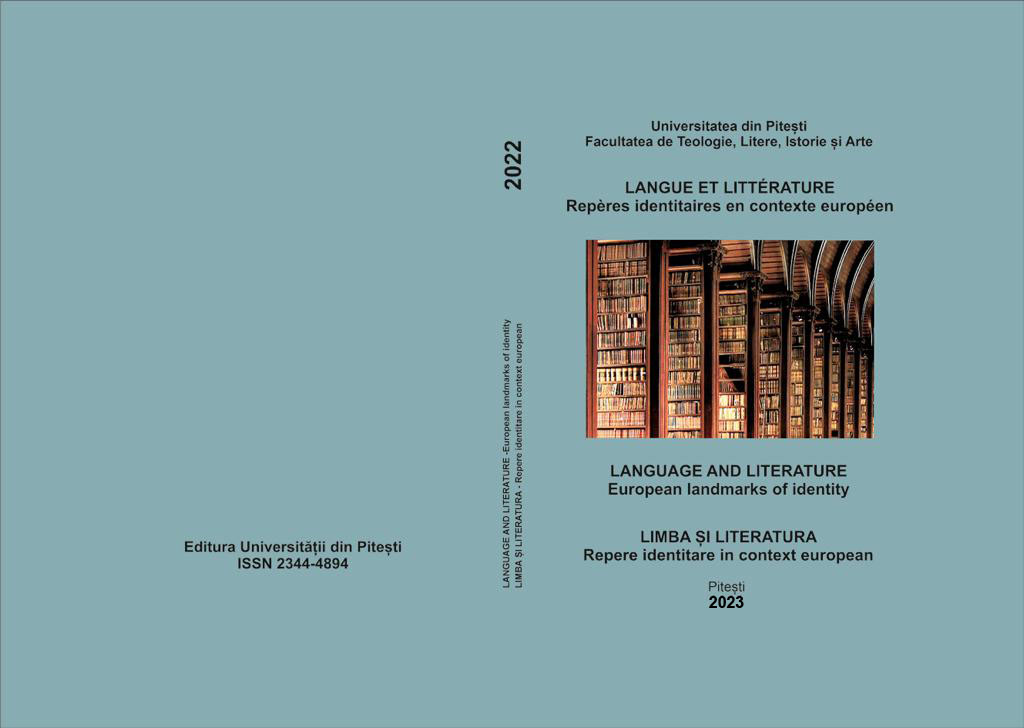LE RÔLE DU CONSTRUCTIVISME DANS L’ENSEIGNEMENT DES LANGUES ET L’ACQUISITION D’UNE LANGUE SECONDE
THE ROLE OF CONSTRUCTIVISM IN LANGUAGE TEACHING AND SECOND LANGUAGE ACQUISITION
Author(s): Elena-Teodora CatanăSubject(s): Language and Literature Studies, Foreign languages learning
Published by: Editura Universităţii din Piteşti
Keywords: learning; language skills; constructivist approach
Summary/Abstract: The article introduces the term constructivism as a learning theory. Constructivism is a theory of how learning occurs. It explains how people learn to construct something according to their own understanding by connecting previous knowledge and new information. In doing this, constructivist learners attempt to be active creators. In this regard, the principles and assumptions of the theory of constructivism as proposed by its proponents, namely: Emmanuel Kant, Jean Piaget and Lev Vygotsky, have been revisited to establish its connection with language teaching and second language acquisition. To highlight the implications, this article analyzes the link between constructivism and language teaching and second language acquisition. The analysis points to some key observations. One of these observations is that language teaching-learning and language acquisition, are both activities that involve interactions between the teacher and the learner. However, to create knowledge, the teacher is required to facilitate and guide learners towards “discovery”. In accordance with constructivist learning theory, learning is not only individual but also active, as knowledge creation is socially constructed. In this way, the language learner must be able to learn independently and interact socially with others in order to acquire the knowledge and language skills that they will eventually use to interact with others in the world real. These practices draw inspiration from constructivism because it deals with the nature of knowledge and how knowledge is created. The article therefore concludes that in language teaching and learning, nature and nurture must be supported by the creation of an enabling environment in which linguistic knowledge is constructed.
Journal: LIMBA ȘI LITERATURA – REPERE IDENTITARE ÎN CONTEXT EUROPEAN
- Issue Year: 2023
- Issue No: 33
- Page Range: 204-209
- Page Count: 6
- Language: French

